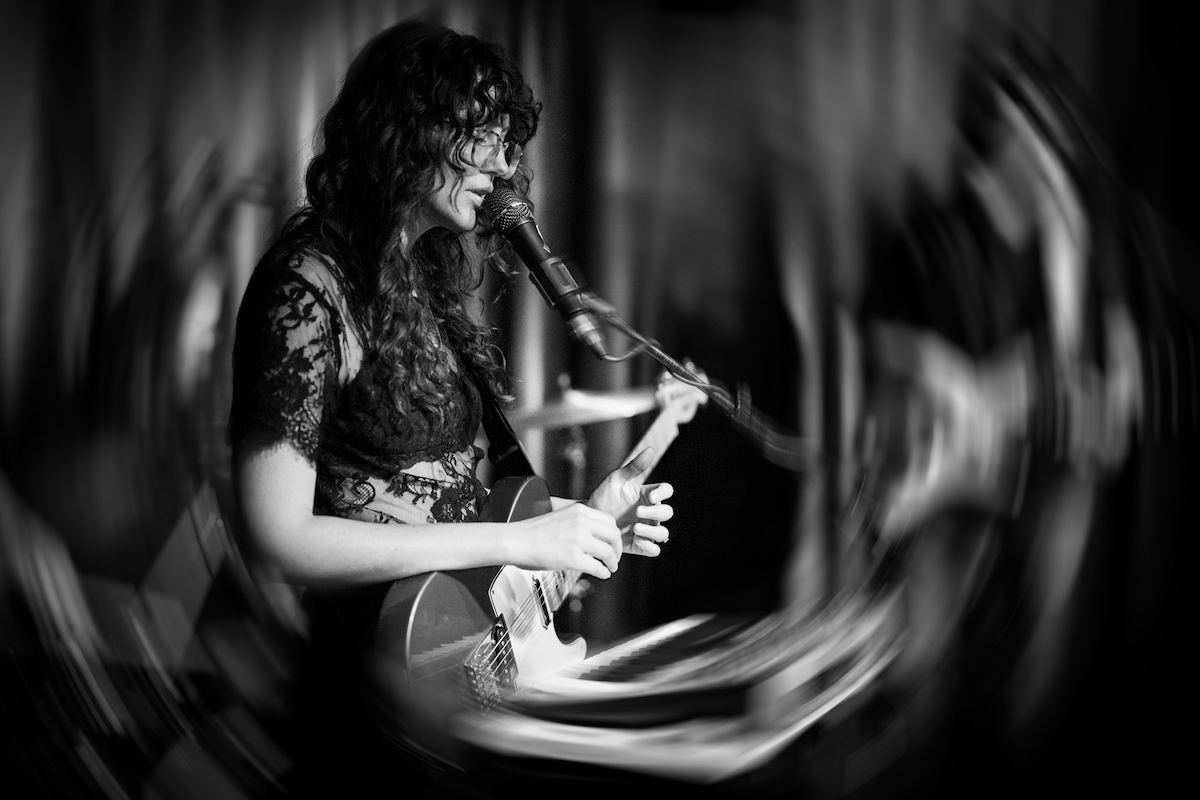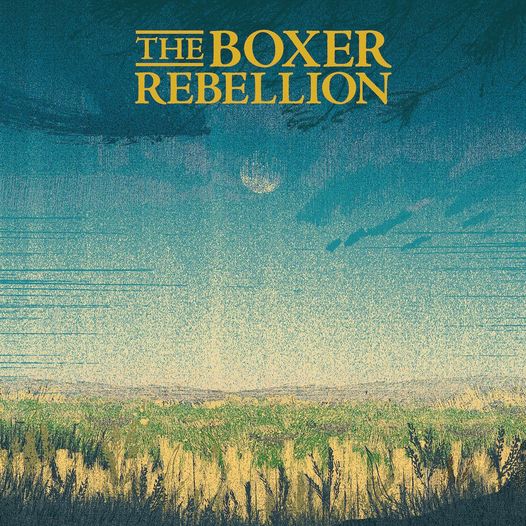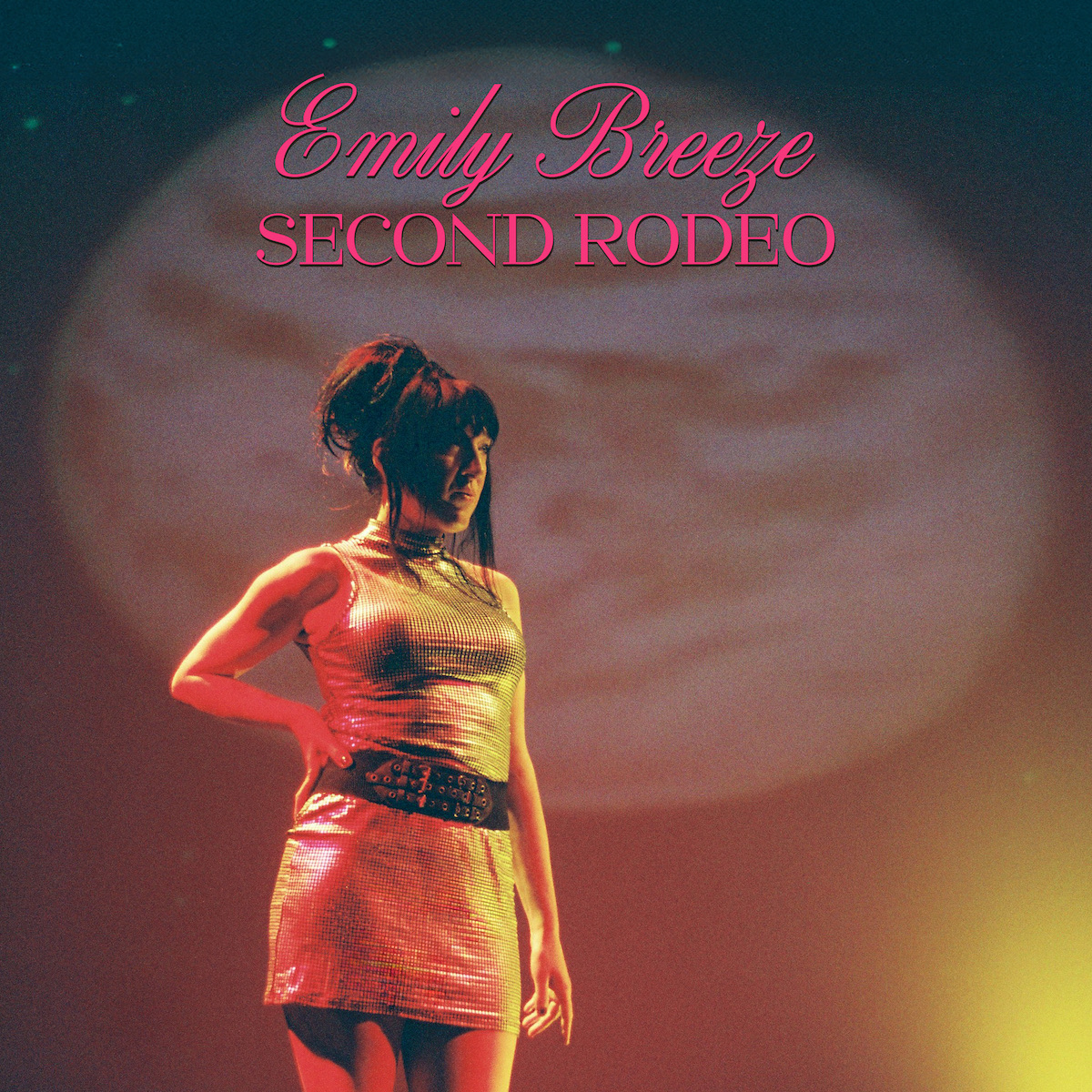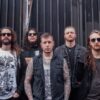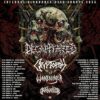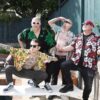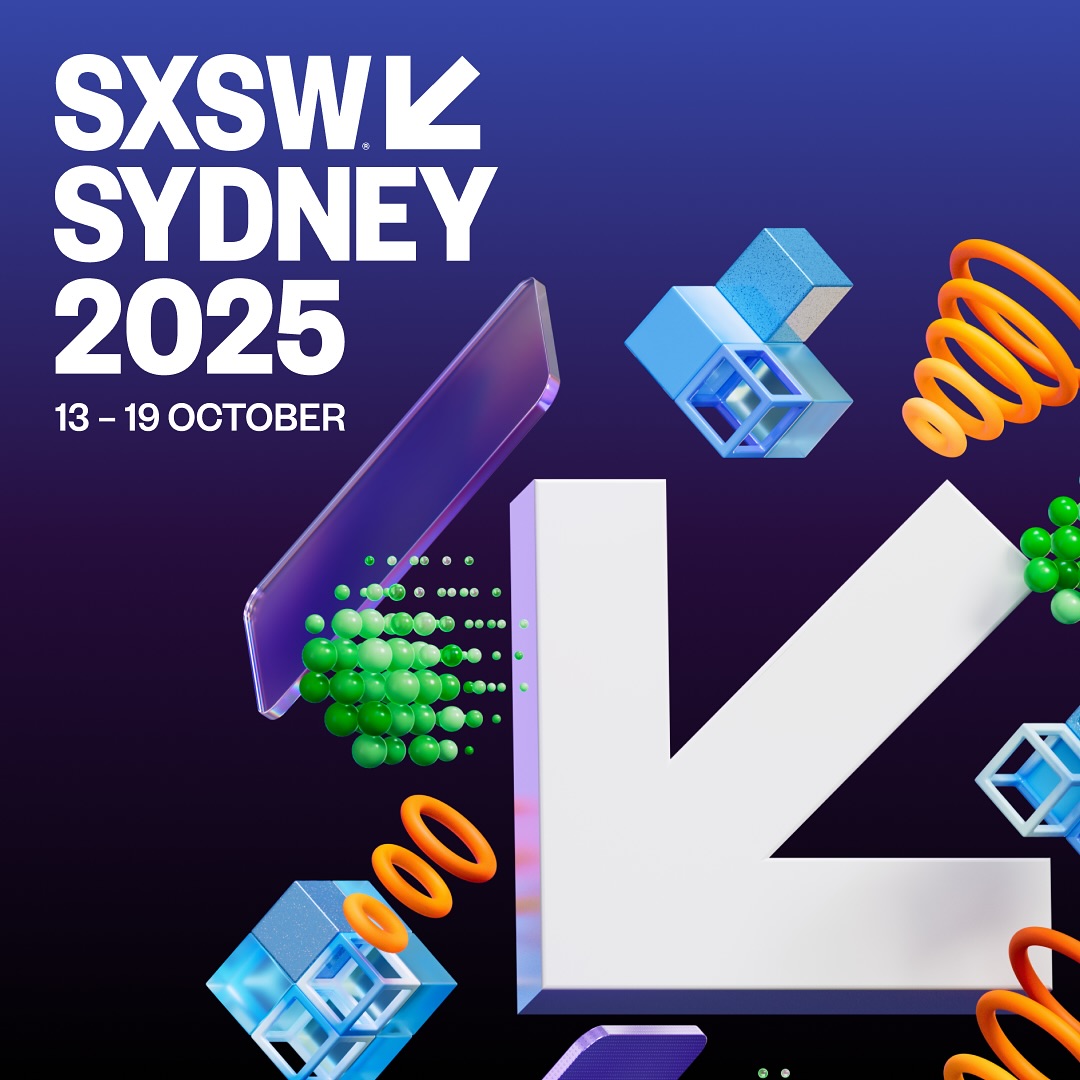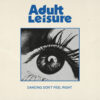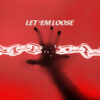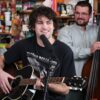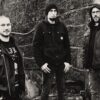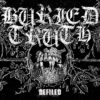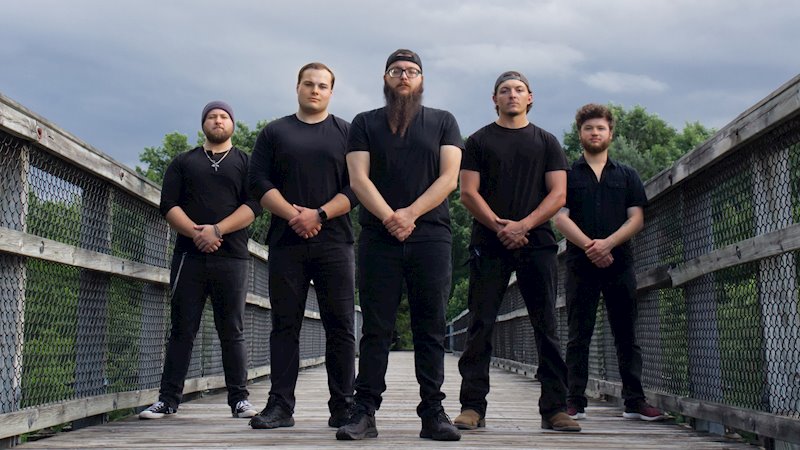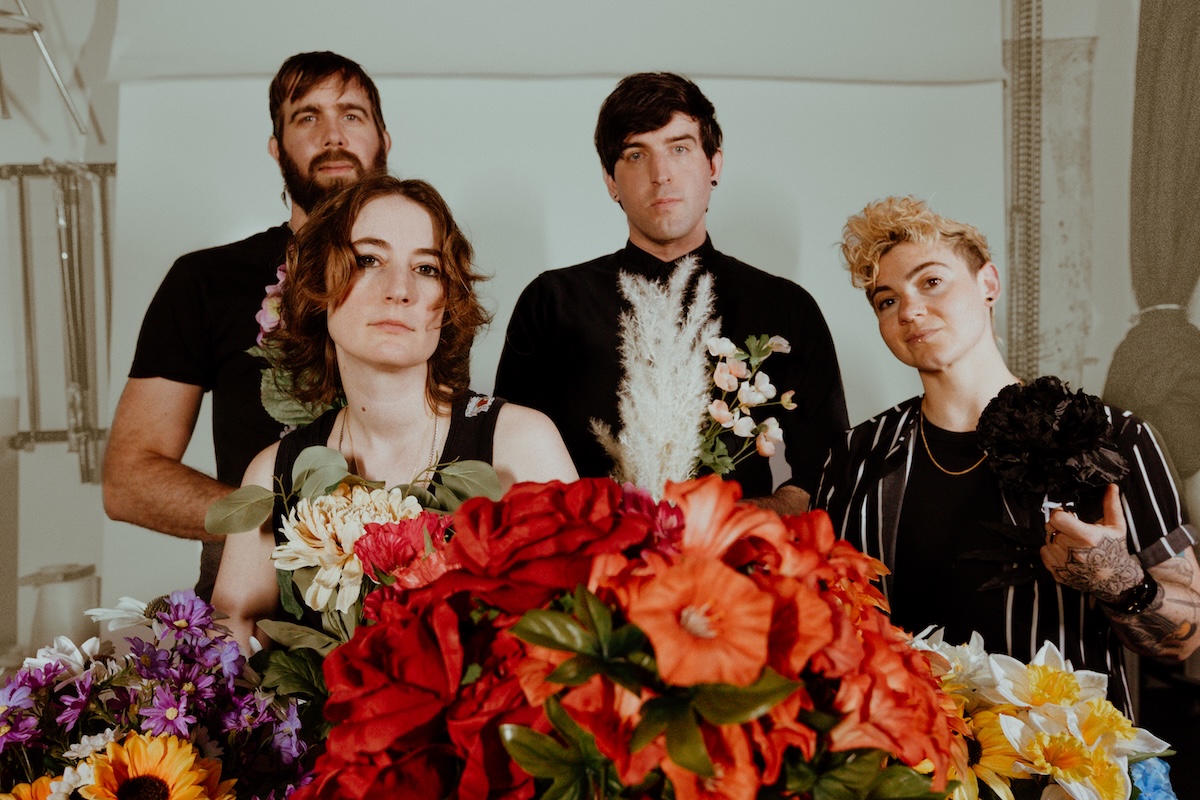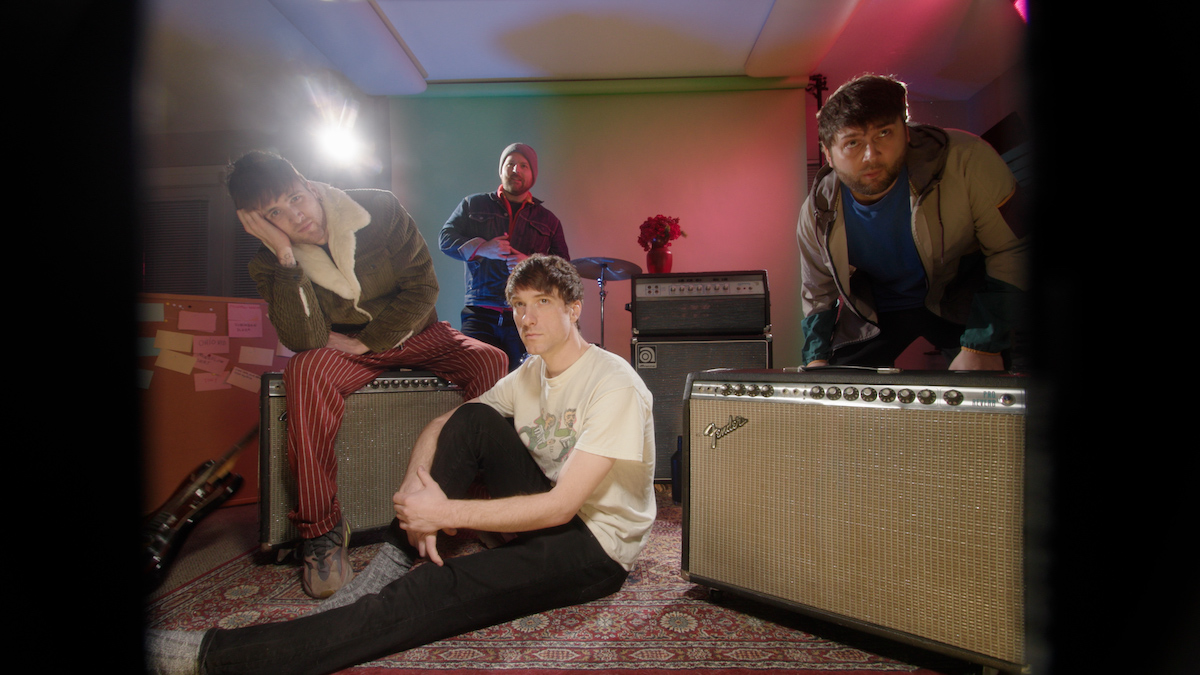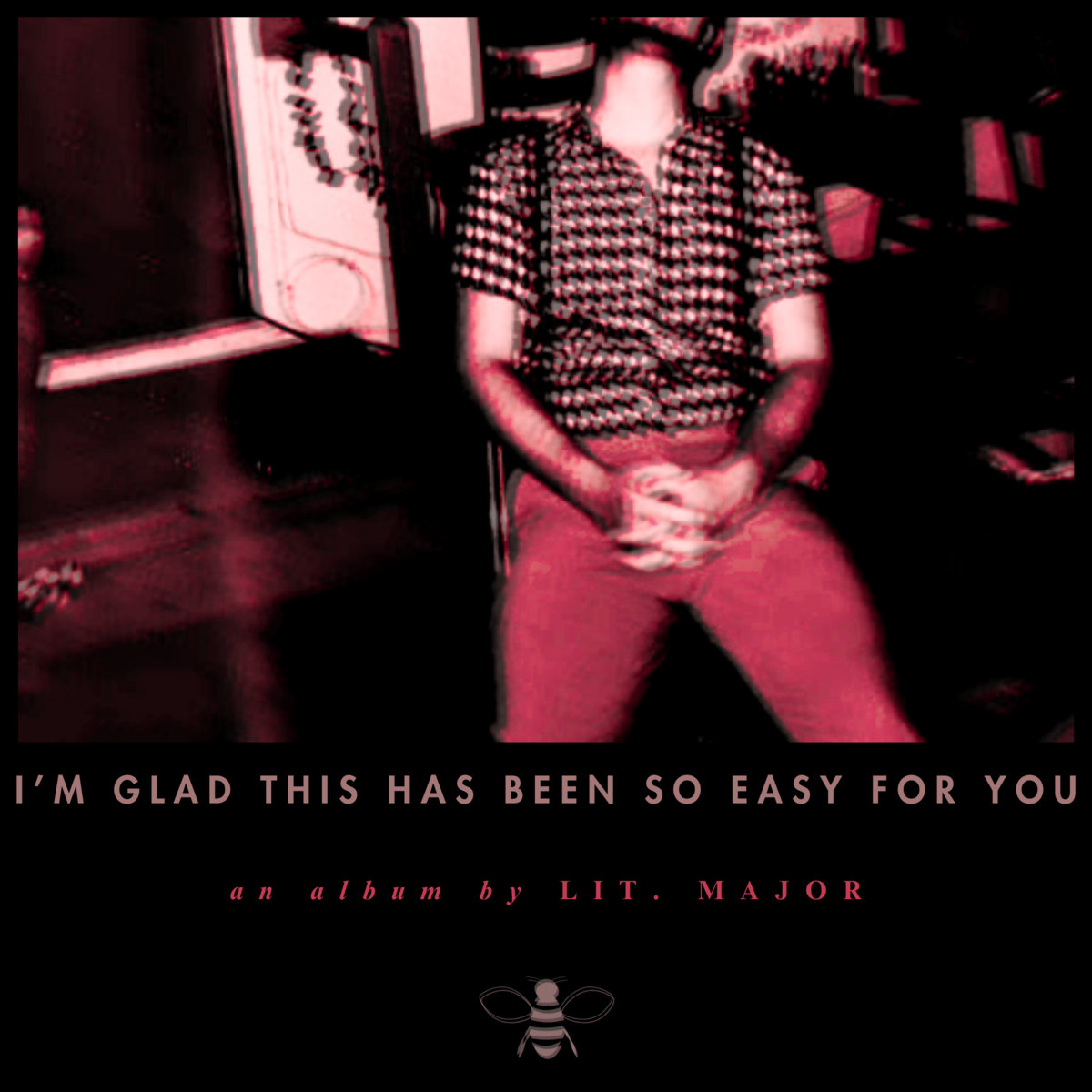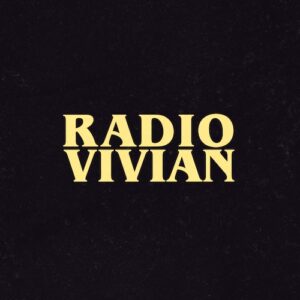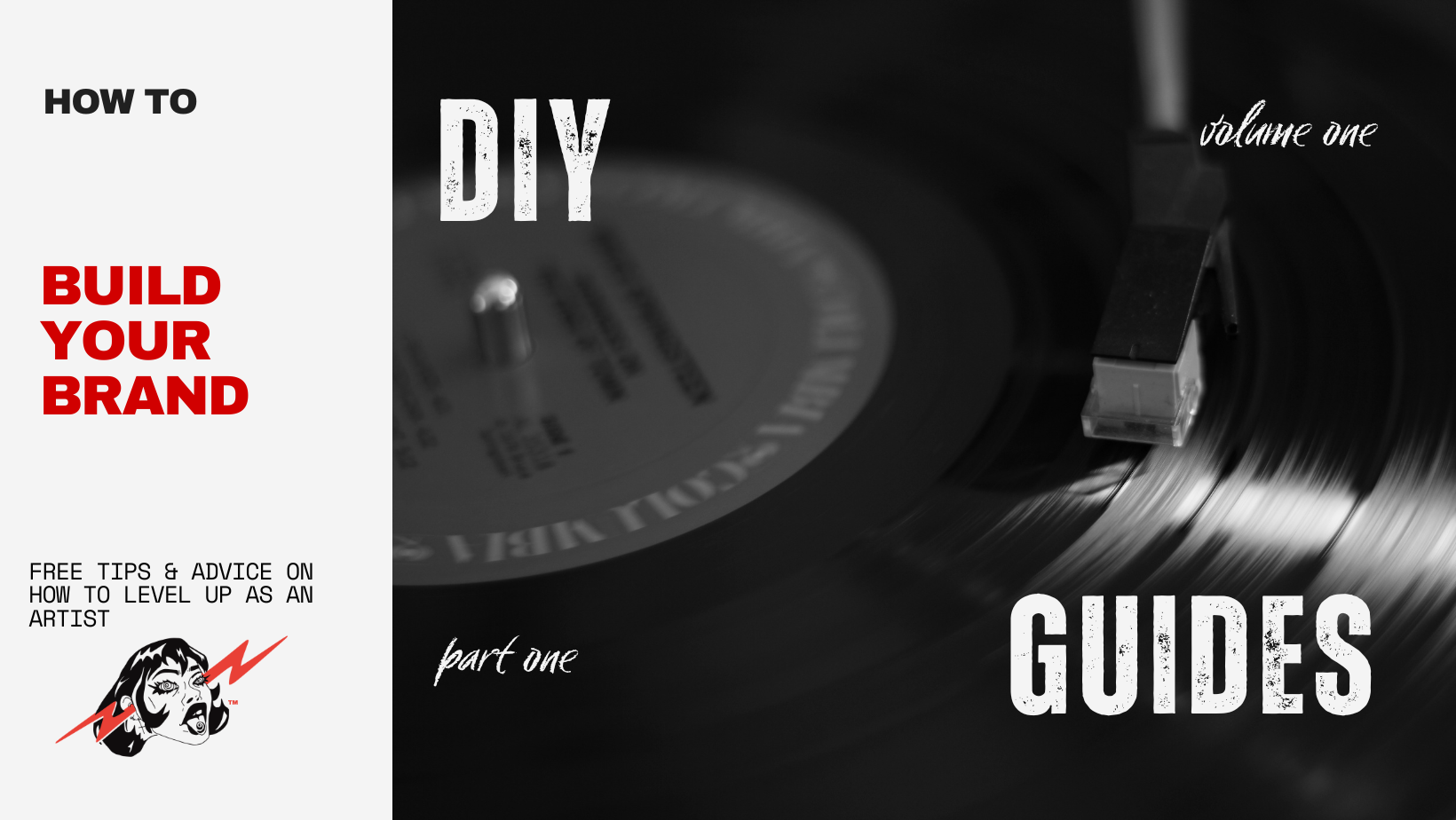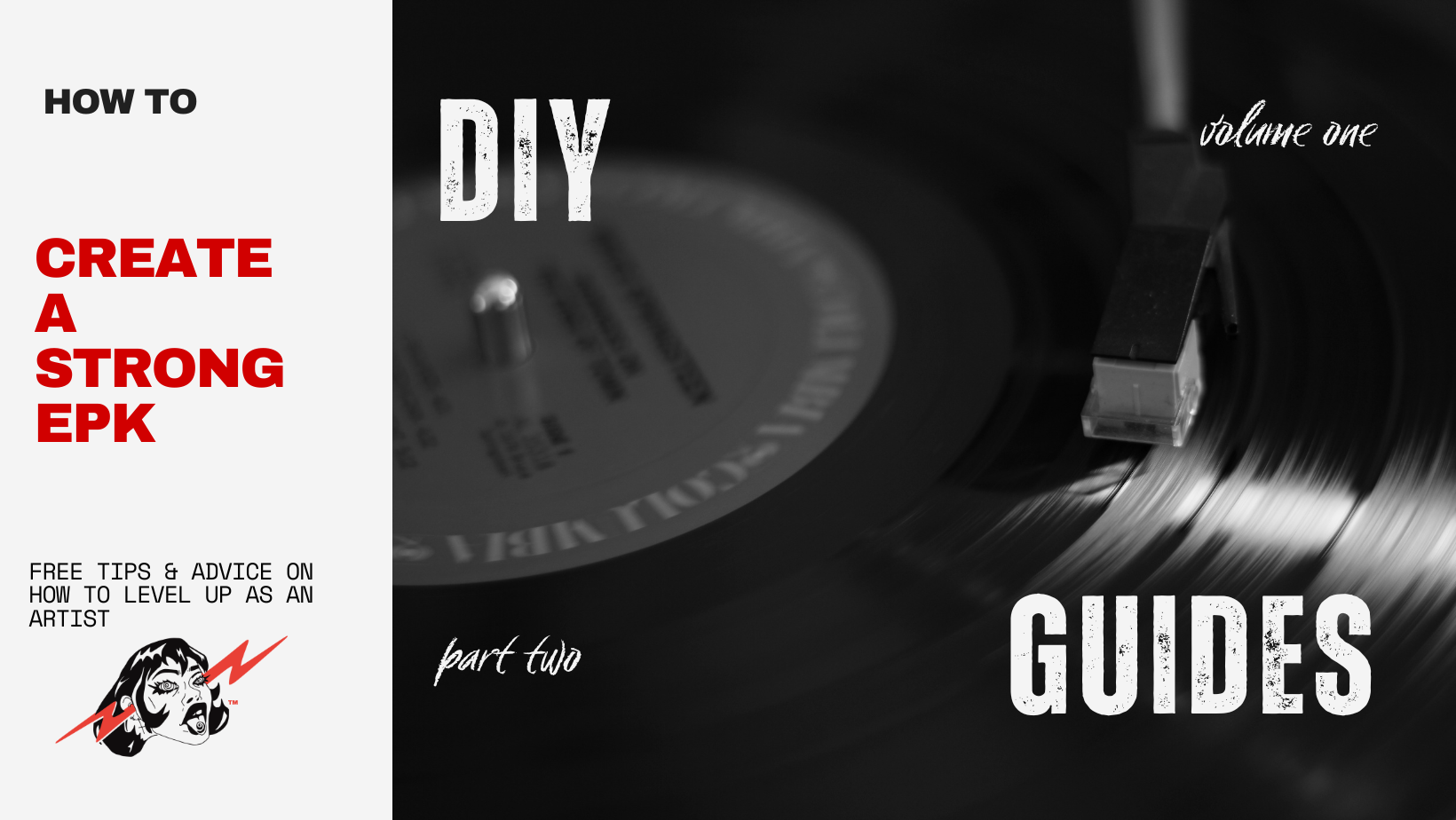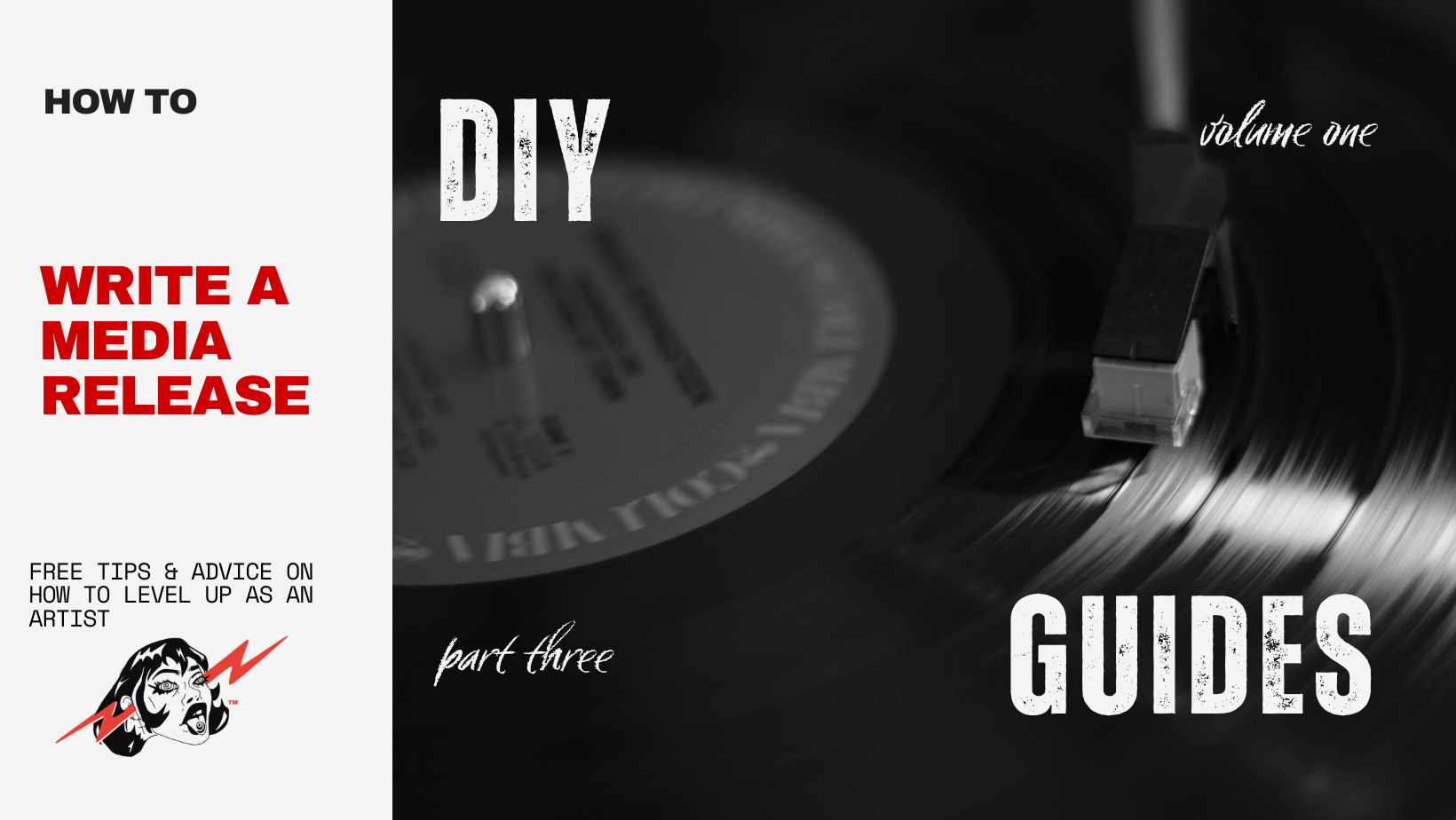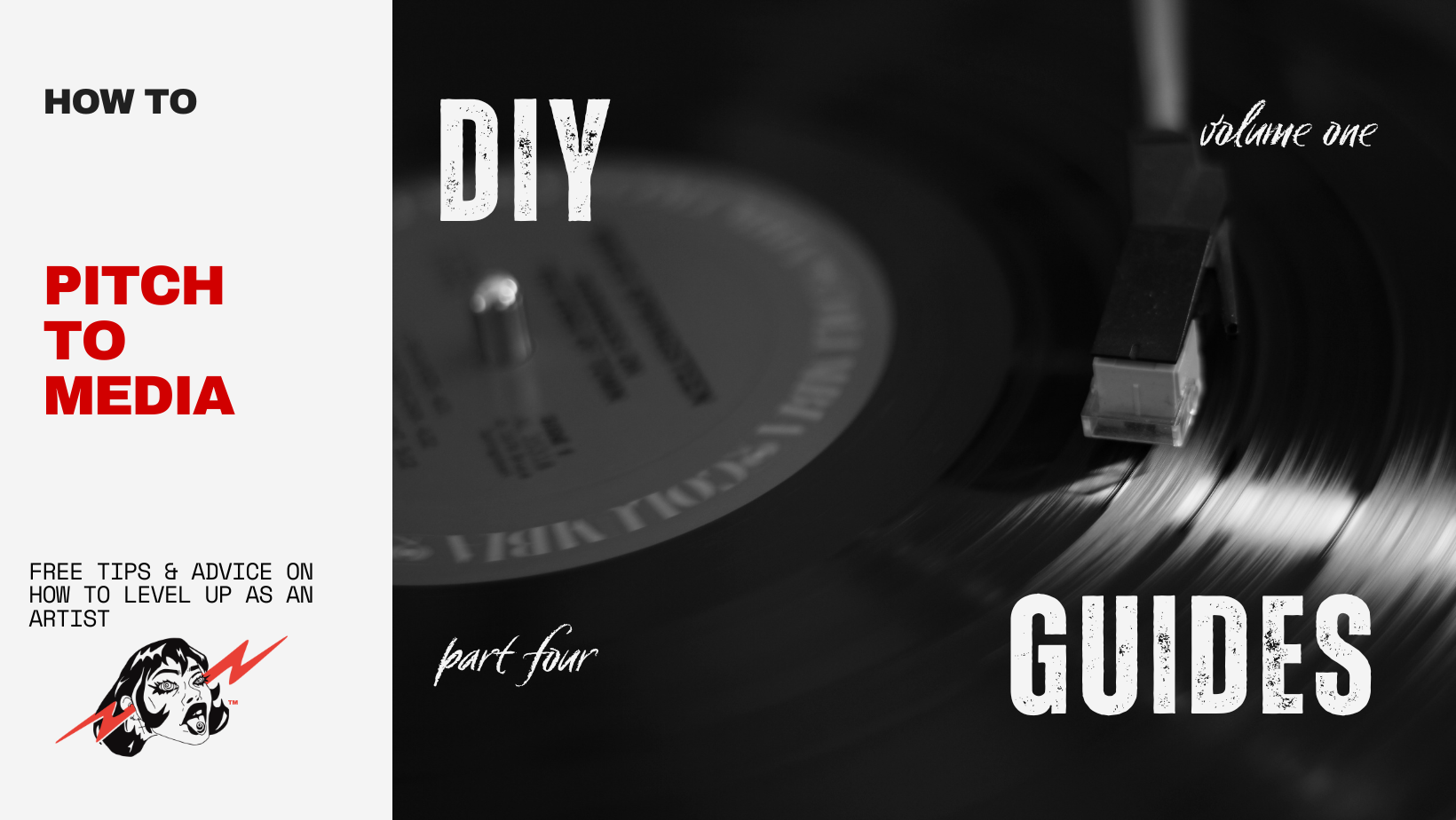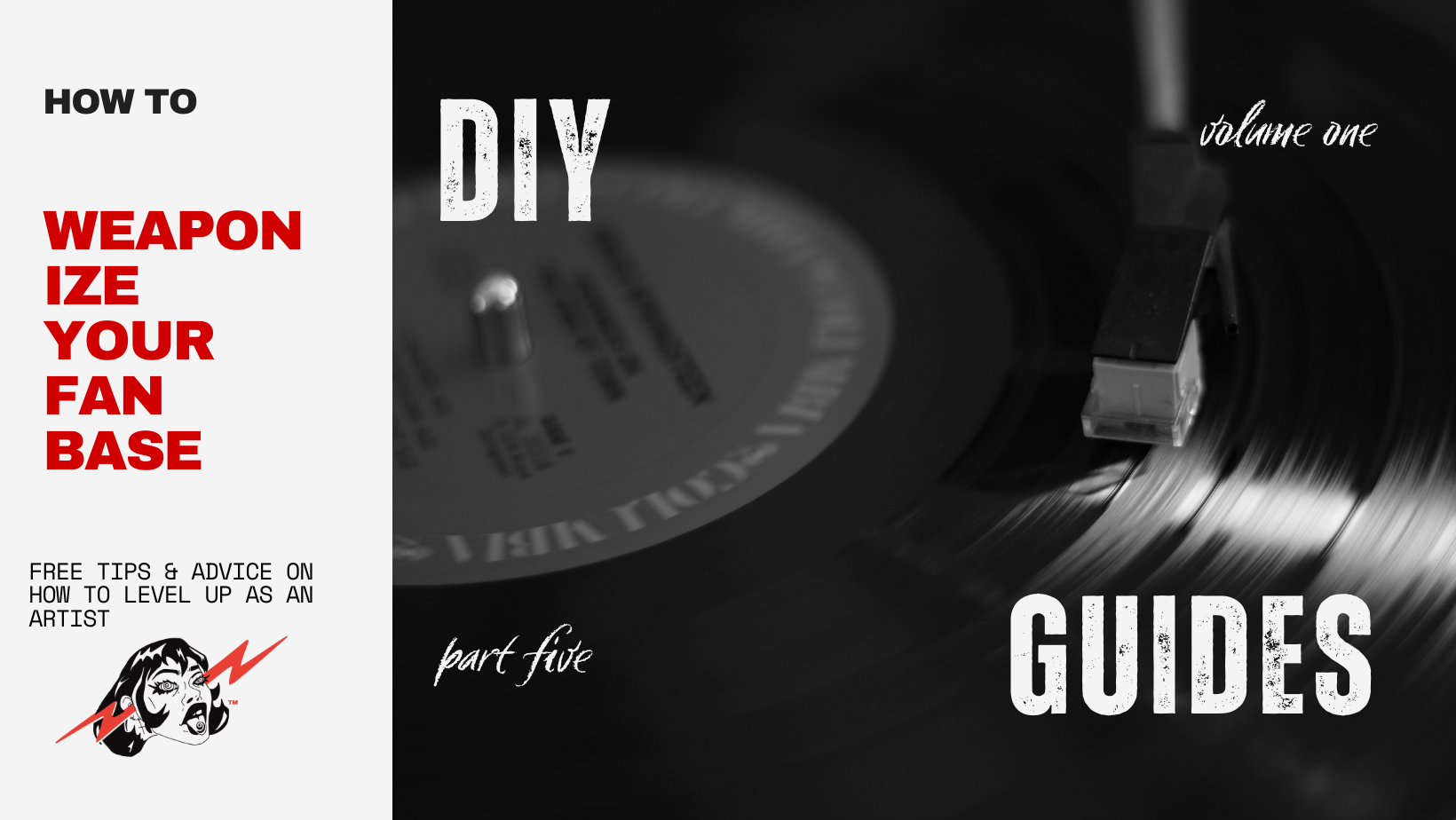Magana, known for her introspective and genre-defying music, took some time out of her busy on the road schedule to answer questions about the creative process and themes behind her latest album, Teeth, out now. She talks about her sound, influences, and how Teeth emerged from the challenging times of 2020. Teeth’s invitation for one to explore the complexities of human experience and to find solace in shared emotions, does so through Magana’s strong and vulnerable songwriting.
ATN: You describe your music as witchy rock and incorporate elements of acid folk, alternative pop, and krautrock. How did you come to develop this unique sound, and what influences have shaped it?
MAGANA: The process for this record was total exploration. Obviously not every path I take is new. I have so much history with music, and my experiences are absolutely still influencing me. The strings and woodwinds are clearly from my early childhood and time spent in orchestras, but has been shaped by listening to what contemporary artists like Andy Schauf and Bon Iver are doing with these more natural elements.
ATN: Teeth explores themes of vulnerability, regrowth, and introspection. Could you tell us about the inspiration behind these themes and how they manifest in the album?
MAGANA: This record came together during the lockdown period of 2020. I’m sure I wasn’t alone in falling into a very introspective phase of my life. With all the extra noise stripped away, I got really curious about what was going on under my skin and in between the firing synapses. It felt so much like a beginning again, not only in terms of myself as a human but in terms of our social and economic structures. A lot of lyrics were as a result of this introspection. And a lot of sounds were created with the same curiosity and newness, which I think reflects in the album.
ATN: You’ve mentioned that Teeth is unlike any of your past works, and it marks a departure in terms of experimentation and exploration. What prompted this shift in your artistic direction, and how do you feel it has influenced the album’s sound and overall message?
MAGANA: It feels a little bit like growing up. Like I was working before under a certain set of rules, but I moved into a different phase of my life and suddenly those rules didn’t apply anymore. I have these dreams that I’m in school and I forgot an important assignment and now I don’t have time to finish it. And when I wake up I am so relieved that I don’t live under rules like that anymore. That’s kind of the same with Teeth. I realized that I was totally allowed to combine whatever sounds I wanted and build a track up until I couldn’t differentiate them. And then go back in and mute almost everything. This is my world.
ATN: As a multi-instrumentalist who has toured with acts like Mitski and Lady Lamb, how has your experience as a bassist influenced your approach to your solo project, Magana?
MAGANA: I have drawn a lot of inspiration from the people that I play with. I have so much respect for them, and their approaches to songs. Mitski definitely taught me that songs don’t have to be a particular length to be great. Lady Lamb has taught me that a song doesn’t have to have a rigid structure in order for people to get into it. Watching people that I admire work is like a master class in music and I’m so lucky to have this experience.
ATN: Has being a collaborator in pen pin influenced Magana?
MAGANA: Definitely. Emily and I have this fun game where we try to imagine what the other person would do and record a part for that. And it generally isn’t at all what the other person would do, but it’s so cool that the other person then tries to emulate that instead. So I’m gaining new skills all the time working with her.
ATN: What was the creative process for Teeth? How do you typically go about crafting a song, from initial concept to final production?
MAGANA: It ended up being a myriad of many different approaches. I wrote a few songs on guitar, which is usually my starting point. I also wrote a few songs that were fully recorded demos first and then lyrics came after. Some never got lyrics. There are some songs, like “Afraid of Everybody”, where I technically wrote it on guitar but the arrangement was already completed in my mind as I was writing it. I got really good during this record at a process that I use a lot in producing for other people now. I listened to a song over and over and started to imagine what I thought its shape could be and what parts it was missing. And then I went in and tried to capture that essence with an instrument.
ATN: The album features tracks like “Girl in Chains,” “Afraid of Everybody,” and “Beside You,” which have been described as harbingers of its dark and enigmatic themes. What was the inspiration behind these specific songs, and how do they fit into the broader narrative of the album?
MAGANA: “Afraid of Everybody” was inspired by a phone call with my friend who was describing a party and, much to my horror, sounding utterly enthused about it. I hung up and started wondering if it was maybe a me problem and not the other way around? I was in such a good practice at the time, the song just sort of sprung up fully formed from that. A similar thing happened with “Beside You.” I was feeling a bit out of sorts with all the stress my husband was experiencing, thinking a lot of it was self imposed. So I just started listing these little problems he was talking about a bit sarcastically until I was like, oh actually this is a lot to worry about. So it shifted into me trying to help in the only way I could see how, which is just being there. The song was done in one sitting, and almost everything from the demo is still on the recording. “Girl in Chains” was a total gift. I was sitting on my bedroom floor for some reason and playing this guitar part and getting sort of mesmerized by it. And the lyrics came all at once. All of these songs are talking about the different ways we trap ourselves in our own narrative. One of the viewpoints is my own, one is watching it happen to someone else, and one is a stranger’s narrative.
ATN: Instrumental interludes play a significant role in weaving the songs of Teeth together into a cohesive narrative. Can you elaborate on the decision to include these interludes and how they enhance the overall listening experience?
MAGANA: I wanted there to be plenty of space for the listener to sit and consider the strangeness of this record/this world/ our bodies. It’s a somewhat more active way of participating than just listening, and there needs to be space to do it. Michael DiSanto chose the sequence for the record and I think he did a great job with enough instrumental moments to allow the record to have a natural flow. I wanted it to sit somewhere between movie score and songwriter, and I think it does that.
ATN: How do you navigate the balance between vulnerability and strength in your songwriting, particularly when exploring personal themes?
MAGANA: I write for myself, and I treat my personal stories the same as a fictional narrative or someone else’s story. It’s a way to process and I would probably do it even if I didn’t put out music. It’s obviously a little harder to release something that is really personal, but that’s why I see vulnerability as a strength. It takes so much bravery to continue to put your most vulnerable real self out there. The reward is that you can be seen, and you open up a pathway to genuine connection. You can make someone feel like they aren’t alone. That’s how we are in our daily lives, and I don’t see why putting out a record should be any different.
ATN: Teeth is described as an album about transformation and renewal. How do you hope listeners will connect with these themes, and what do you ultimately want them to take away from the album?
MAGANA: I hope that someone will walk away from this record thinking that they’re not alone. I hope, on some level, it inspires people. To go out and make their own art, or to start a project again that they were thinking of picking up. Or just to be more mindful of this weird world and all these weird people in it that are experiencing a million different emotions at any given moment.
ATN: Looking ahead, what do you envision for the future of Magana? Are there any new musical frontiers you’re eager to explore in your upcoming projects?
MAGANA: I’m still very interested in the idea of a soundtrack to the world. I really liked playing with the idea of movie score + songwriting. Maybe I’d like to get a bit more deep with the soundscapes and scores for a bit.
SAME 3 QUESTIONS WE ALWAYS ASK
ATN: Artist / band that you feel is the most underrated and why?
MAGANA: So many of my friends are making great music and, like me, are not famous. I think this is a crime. So in no particular order:
- Blaze McKenzie
- Pigeon Club
- Caitlin Mahoney
- Frog
- Ella Vos
- Calamity
- CHUCK
- Total Brutal
ATN: Artist / band that you would like to collaborate with and why?
MAGANA: I am so lucky to have a dream collaborator with my friend Emily Moore. In many ways, we are total musical opposites with the same end goal. It’s amazing to see the way her mind works, and I feel like we complete each other. Very gushy, I know.
ATN: Artist / band that you would like to tour with and why?
MAGANA: As a person who is on the road a lot, I’ve come to realize that there is a lot to be said for someone that has a similar touring style. Our lives are happening during the many hours in the day where we aren’t actively playing music. So I would choose Neko Case, because I love her music and also I hear she sometimes brings her dog on the bus. Win win.
Photo by Andi Taylor

